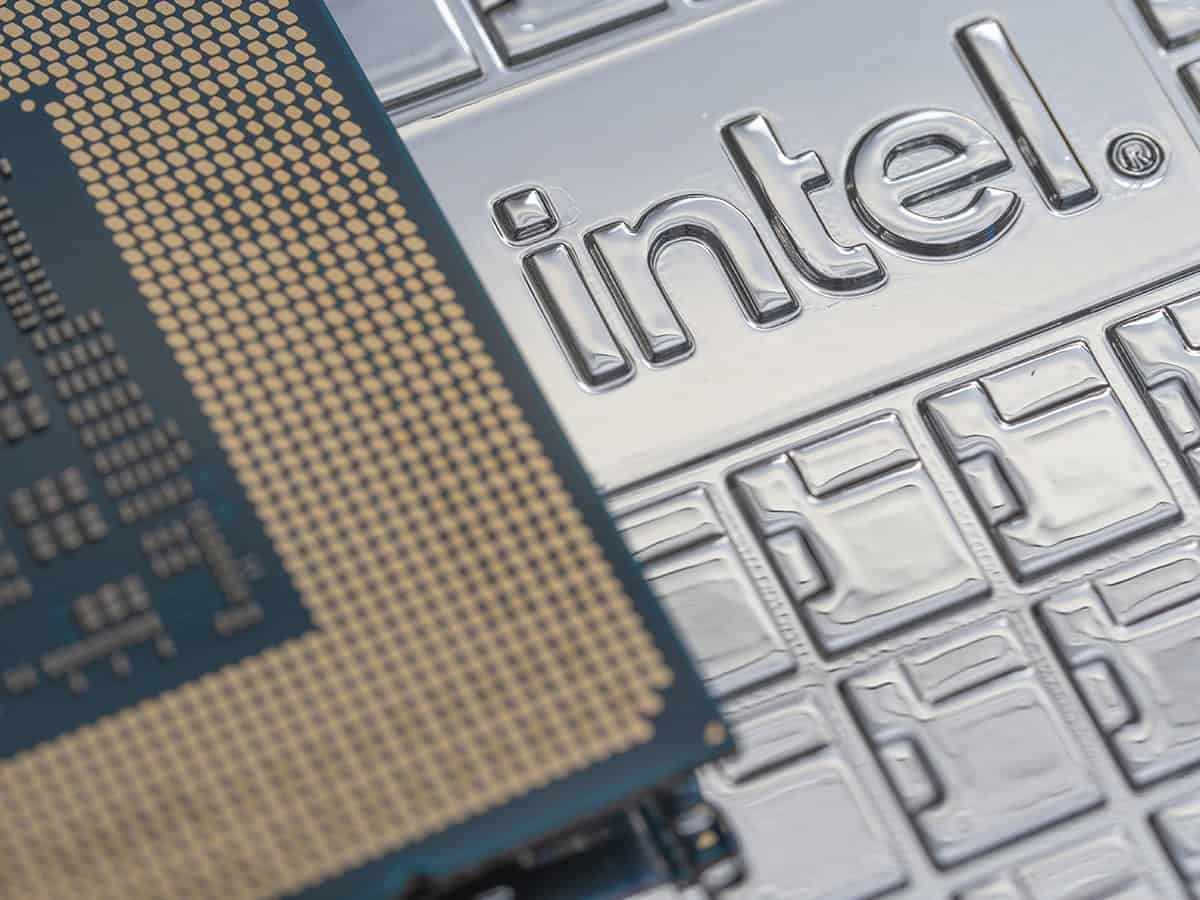Apollo Global Management has expressed interest in buying Intel; industry heavyweight Qualcomm was earlier reported to be considering a takeover of the Santa Clara, California-based semiconductor behemoth.
Benchmark tech analyst Cody Acree argues that a private equity firm like Apollo is a better fit for struggling Intel. “Who benefits from Intel’s resurgence other than a core investor?” he asks. A strategic partner like Qualcomm or Broadcom, by contrast, “may be hard to find.”
Intel’s market share continues to decline. Its stock price has plummeted 60% this year and its market capitalization fell below $100 billion in early August: the first time that has happened since 2012. Any buyer, however, would need to offer at least a 40% premium over Intel’s current trading price to be taken seriously by the company’s board, Acree says. This would translate to a market value of about $135 billion.
“The Apollo deal makes more sense because there’s a belief among certain investors that Intel can turn things around,” Acree argues, suggesting that some investors view the company as a distressed asset ripe for a rebound.
Qualcomm would likely need to finance an Intel acquisition through a combination of debt and stock. Analysts believe the San Diego-based tech giant could make the math work, particularly if the deal involved selling off Intel’s manufacturing assets.
Acree draws parallels between Intel’s current struggles and the situation rival AMD once faced. Abu Dhabi’s sovereign wealth fund, Mubadala, purchased a significant stake in AMD’s manufacturing assets in 2008, which led to the creation of GlobalFoundries. While Acree suggests Mubadala could also be a potential buyer for Intel, he acknowledges that such a deal would be a stretch, given the fund’s preference for outright ownership of assets.
Besides Intel’s ongoing design issues and dwindling market share in both the PC and server markets, a strategic buyer would also face regulatory hurdles. Recall Nvidia’s attempt to acquire Arm Holdings in 2020; regulators in the US, the UK, Europe and China blocked the effort. And Qualcomm’s own attempt to purchase NXP in 2018 fell apart due to regulatory disapproval from China. Both deals involved hefty breakup fees.
